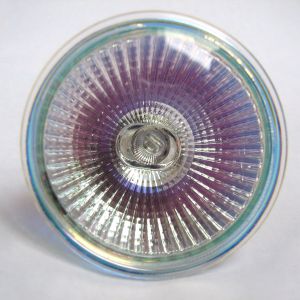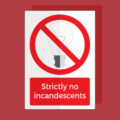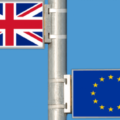The European Halogen Ban is under pressure to push back their date due to consumer demand.
Europeans have been buying significantly more halogen light bulbs than energy-saving CFLs or LEDs. Some lighting companies have warned that if the European Commission (EC) goes through with the 2016 ban consumers could suffer a lamp shortage. Lighting Europe, whose members include GE Lighting, Osram and Philips, estimate that lamp manufacturers will not be able to make affordable LED light bulbs until 2020.
The ban is part of a plan to decrease CO2 emissions and will eventually lead to most, if not all, lights are LED. The ban has already stopped incandescent light bulbs from being made (but they can still be sold). The EU will be voting next year on whether to ban Halogens in 2016 or 2018.
Lighting Europe thinks that the ban shouldn’t take place until 2020. Lighting Europe’s secretary-general, Diederik de Stoppelaar, said:
To put it simply: a phase-out starting before 2020 is going to be confusing, costly and inconvenient to European Union consumers. The industry strongly supports – and has for years – the changeover to more energy-efficient lighting solutions. However, a 2018 date does not allow for alternative developing technologies to be widely available and it is the consumers who will lose out. The best solutions for consumers is for Commission to adopt a phase-out date of 2020 or later, which will allow for the widespread availability of new technologies and ample choices.
Lighting Europe stated that should the ban go-ahead before 2020:
Reasonable estimations from the industry side indicate that more than 200 million luminaires in European households would factually become unusable. Depriving European consumers of domestic halogen eco lamps without offering them an affordable and comprehensively available replacement solution will result in a situation of general disappointment, missed opportunities for real energy savings on the long run and loss of jobs, hampering the competitiveness of the European lighting industry.
They added:
The transformation process in the European lighting industry towards LED is in the full course.
Conventional lighting companies have struggled with the move from incandescent light bulbs to LED light bulbs and with new technological advancements in LED light bulbs, like LED Smart light bulbs, the LED market is ever-changing.
All companies face an uncertain future when it comes to LED light bulbs as making them cheaper will not provide sustainable business because of their expected lifetime. With incandescent light bulbs, the profit was made from replacing them on a regular basis. Despite this, prices have dropped in the UK from around £20 a light bulb to around £10. The postponing of the ban gives companies a chance to adapt to the new market and come up with sustainable solutions.
For a historic time-line of the light bulb ban, read our article The Light Bulb Ban – What and When?




